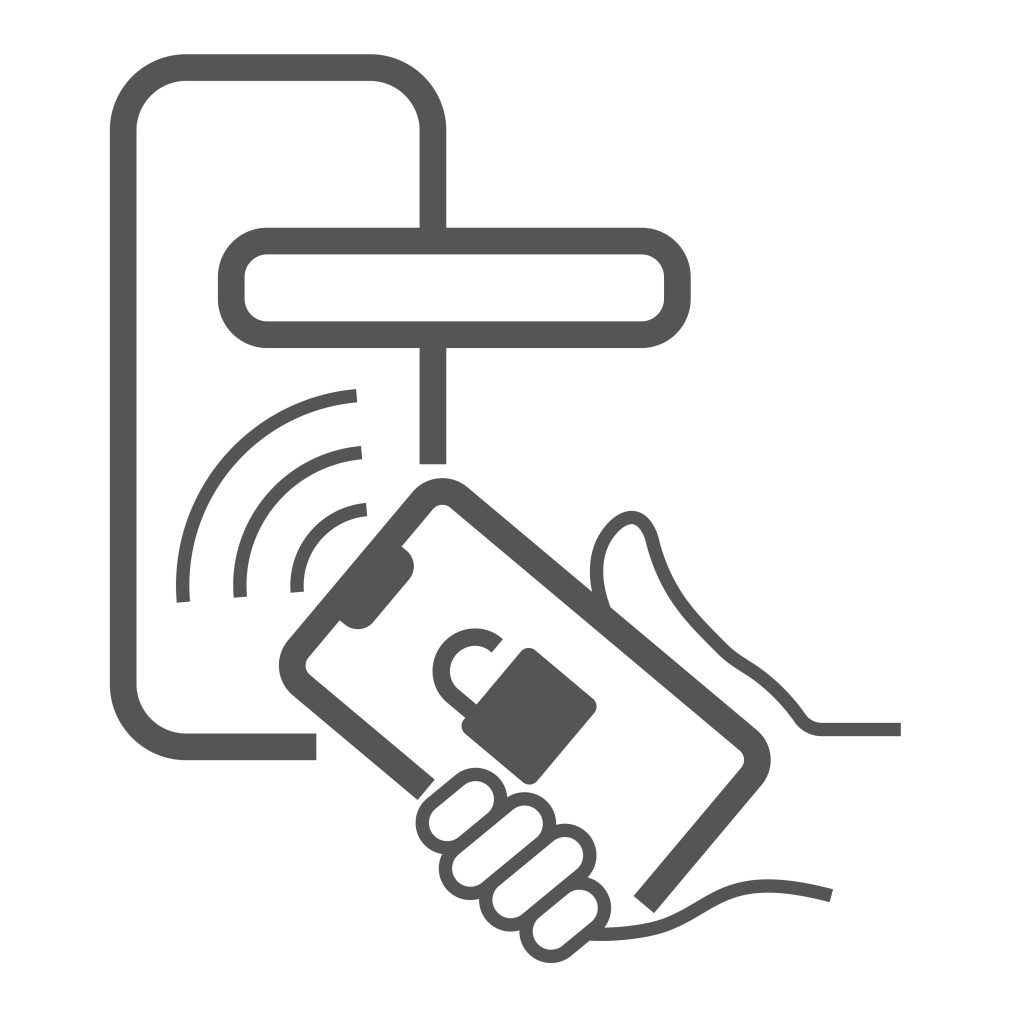Exclusive interview with David O’Toole
David O’Toole has been the President of the European Locksmith Federation since 2005. As a leader and forward-thinker in our industry, David is now investing his time in technology, specifically, handsfree solutions for access readers and smart locks. But, along his journey – he has encountered far more resistance than he had realised. Will locksmiths lose out to other trades, let’s hope not…
“I founded Touch2Access Limited after my mother suffered with a stroke and was unable to use keys or even type in a door code. This is a patented technology that enables a simple, yet secure door opening solution for all those with disabilities. It is a touch-free, integrated technology that can be used across the domestic and commercial sector.
“I am proud of what I am creating here, it’s driven by a desire to help those less fortunate. We can often take for granted our ability to enter or exit a building, but there are those that are simply unable to. During my exploration and creation of such a technology, I discovered that the industry is even more resistant than I had initially realised. The locksmithing industry has always been traditional – and that is great. But my concern is that we’re going to be left behind…”
We want dependability
“Dependable. It’s something we all strive for. And it’s something we have always associated with mechanical keys; they’re tangible, real and in our control. But we cannot deny that the market is changing, along with the end-user. With the rise of automated technology, homeowners – in particular – our investing heavily in smart technology. However, despite the huge interest in electronic locking, there is a trend with homeowners buying cheap products online, which means things tend to go wrong.
“So, what happens here? Well, it obligates the industry concern, doesn’t it. When locksmiths are needed to mechanically override such a device, it validates the rejection of such technology. I can completely understand this. But – in my opinion – it’s short sighted and could lead to terrible consequences.
“As an example, if we’re to continue to remain afraid of electronics and technology, we’re neglecting future generations. The homeowners of tomorrow, our children, do not differentiate between the real and the virtual, technology is intrinsically a part of their daily lives. Mechanical keys will become irrelevant at some point and the entire concept outdated to the future marketplace. Let’s take what has happened in the US, the industry didn’t take on electronic locking, so the locksmiths lost it to other trades.”
Driven by consumers
“The locksmithing industry is reactive, more often than not. Whereas smart technologies and access control systems are a conscious purchase. The consumer is now driving this change and after high-quality electronics. The larger lock manufacturers are telling us that this is what’s happening, the products are developed with more on the way. My fear is that locksmiths will remain resistant in the here and now, and later on will realise that the ‘smart’ opportunities and business will have been captured by other trades or companies. Perhaps a tech company? Or perhaps other trades will start providing a smart lock installation service as an add-on? It’s all possible.
“We need locksmiths to start looking into the opportunities right now. It’s time for the industry to start being proactive and acknowledge that the reactive jobs aren’t always going to be there.”
Find your niche
“For our industry to thrive, it’s time to look at what’s coming and provide a unique, specialist service that sets you apart. The growth is in electronic locks and smart locks – across both domestic and commercial sectors. Fire doors is also a niche yet growing sector with plenty of opportunity. The same goes for automotive. My advice is to engage more with manufacturers and suppliers, discover what training options there are and dive headfirst into learning. If locks, security and access does not sit within the Locksmithing industry, it will inevitably become absorbed into other businesses – an alarm company, for example.
“Let’s put aside our fear and scepticism and embrace what’s coming, now.”

